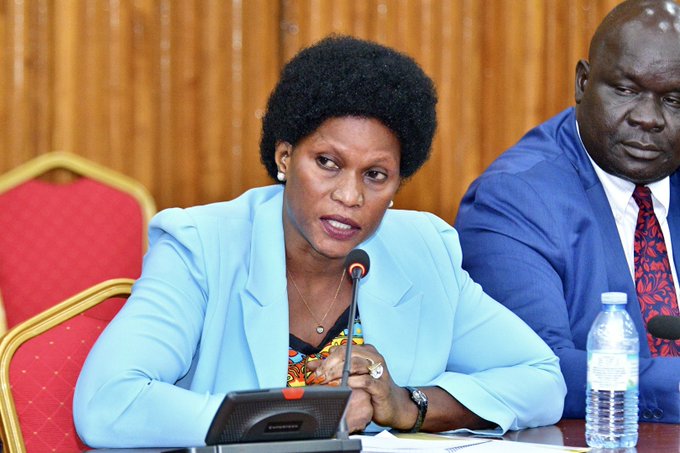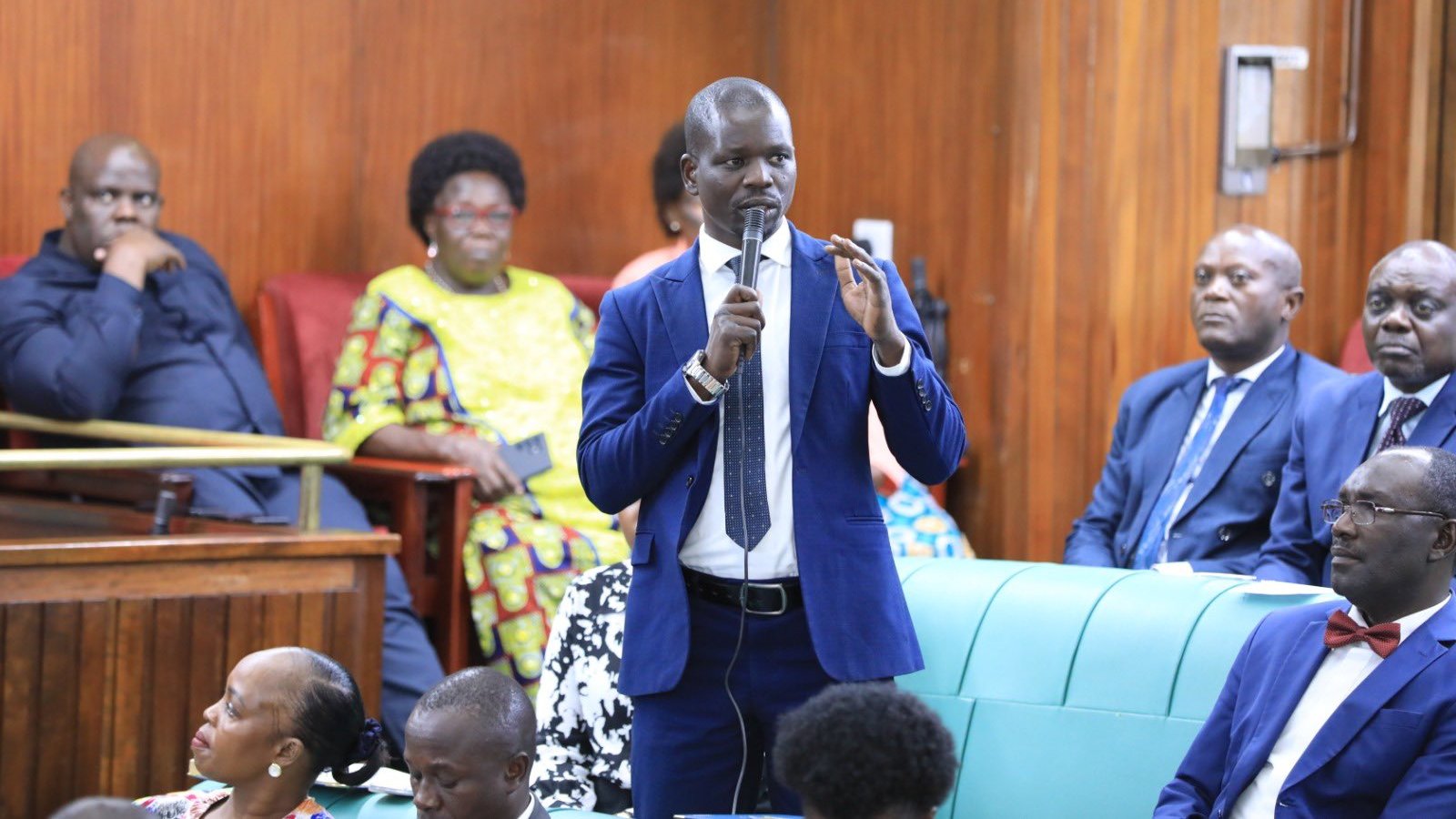West Nile MPs Slam Government Over Apaa Land Conflict
Members of Parliament from the West Nile sub-region have voiced strong criticism against the government, accusing it of neglecting the protracted Apaa land conflict and warning of dire political consequences if the matter is not resolved urgently.
Led by Adjumani District Woman MP, Jesca Ababiku, the lawmakers expressed frustration during a media briefing at Parliament, questioning the government's commitment to its own citizens.

“Government is in Somalia, Congo, and South Sudan, yet it can't solve a conflict within its own borders,” Ababiku said.
She accused the state of prioritising international peacekeeping over domestic peace and security.
“We have supported this government for long. But what are we getting in return?
Is this how you repay us?”The MPs warned that continued inaction could erode support for the ruling National Resistance Movement (NRM) in future elections.
“Our people won’t vote until these issues are sorted,” Ababiku cautioned.
Adjumani East MP, James Mamawi, took aim at the Uganda People’s Defence Force (UPDF), questioning its effectiveness despite a heavy presence in Zokha Forest Reserve.

“We have over 1,000 soldiers there, but people are still being killed. What is the UPDF doing in Zokha if they can’t stop the violence?” he asked.
Obongi County MP, George Bokha, highlighted the toll the conflict has taken on local communities, citing disrupted farming, injuries, and broken community ties between the Madi and Acholi peoples.
“This conflict has dragged on for 14 years. People are suffering economically and socially,” he said.
Geoffrey Feta, Chairperson of the West Nile Parliamentary Group, made serious allegations, claiming that some NRM officials in Acholi were fuelling the unrest.
He named specific party mobilisers and administrative figures in Amuru District, calling for their immediate arrest.
“If government is serious, it must arrest these people. Or should locals now take matters into their own hands?” he challenged.
The MPs unanimously demanded urgent intervention by President Yoweri Museveni and relevant government agencies, warning that further delay could worsen the already fragile situation on the ground.